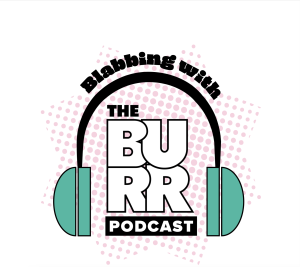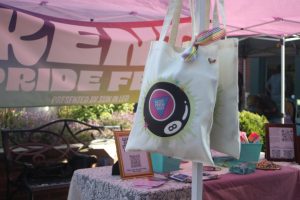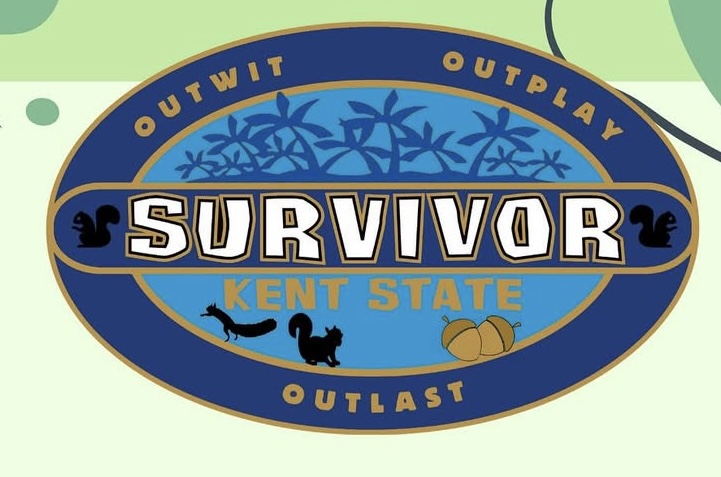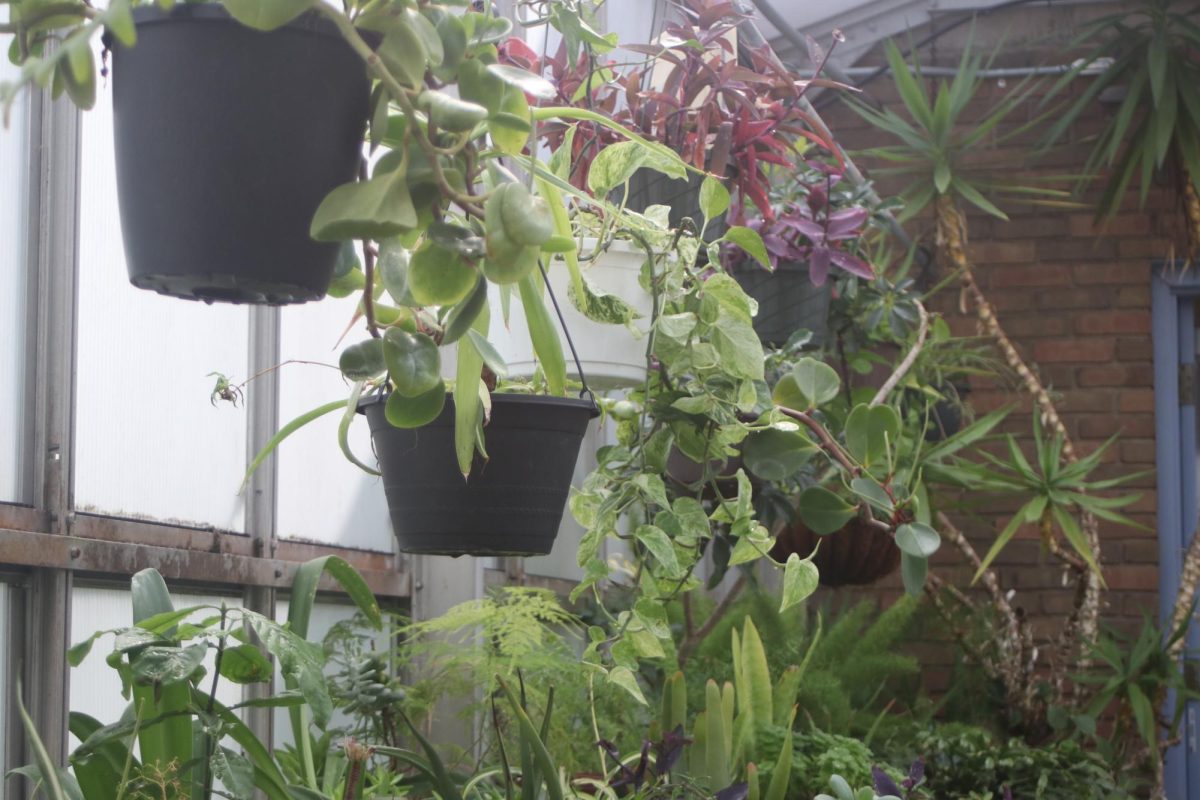Sustainability isn’t just a buzzword; it’s a movement that’s reshaping the way we live. By intentionally balancing our needs, we can help prioritize the health of our planet. It’s about making choices that benefit not only us today, but also future generations.
Living and prioritizing sustainability may seem expensive or difficult, especially for college students. However, many college students can increase sustainability in their lives without facing a financial burden. Some sustainable practices may even be cheaper in the long run – here’s how.
To reduce their purchases while reducing their waste, students can practice replacing items only when necessary, and when making a purchase, prioritizing higher quality items that will last longer. Before going to throw something away, consider if it can be used longer or if someone else could use it.
For example, food jars and tins can be used as containers for candles, trinket boxes or for storing small things like buttons. These containers can also be used to purchase products at zero waste stores, some of which are located locally in Cleveland and Akron.
Students can also donate fabric items to the Kent State Fabric Pantry, which is a nonprofit organization providing fabric and supplies to students at KSU. Current donation information can be found in their Instagram bio.
Avoiding disposable items, like paper plates and utensils, is also a way to reduce waste while in college. Many students have already switched from plastic, single-use water bottles to sturdy, reusable ones. Additionally, dining halls on campus offer containers for to-go meals through the OZZI machines. These containers can be purchased at the halls, and when they are returned, can be redeemed for a cleaned container.
Sustainability is more so about recognizing what you already have rather than buying new items, but when shopping for something is necessary, students can try a thrift store. Thrift stores have many options and are more affordable for students. These stores offer accessible options for students in need of seasonal gear, such as sweaters and jackets.
Shopping second hand can also be helpful for purchasing class materials like textbooks. Second-hand book stores, even online shops like ThriftBooks and Better World Books, ensure books don’t end up in landfills and most of them carry textbooks for very low prices.
And when you are shopping, feel free to bring your own bag, too. A simple tote works to carry groceries, and many student events have them available as freebies. The world uses about five trillion plastic bags each year, and these single-use bags take centuries to photo-degrade into microplastics in landfills.
These practices don’t just help the environment stay cleaner, they will help a student’s wallet as well. By embracing sustainability, even on a smaller scale, we have the power to create a cleaner and greener world. Let’s take the steps that matter now, for a brighter tomorrow.
















